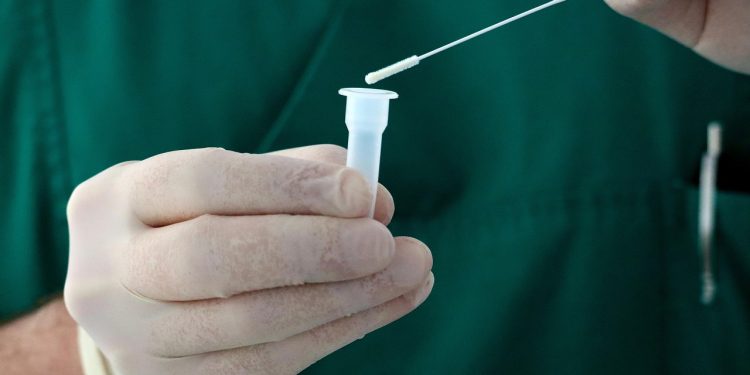Dos and Don’ts When Someone in Your House is Sick

Caring for someone with COVID-19 at home while preventing yourself from getting infected is a challenging task. COVID-19 patients who have mild symptoms and don’t have other underlying health conditions are often advised to self-quarantine at home.
The disease is highly contagious as it’s airborne and is transmitted through contact with an infected person. So, if one family is infected, there is a high chance of other family members contracting the virus.
It is advisable to buy lateral flow tests occasionally for everyone in the house to test for disease transmission. These kits come with instructions on how to do a COVID-19 lateral flow test, making them easy to use at home.
Precautions When Dealing With a COVID-19 Patient
When one person in the house contracts COVID-19, it is key for other people in the place to take extreme precautions to avoid getting infected. Although the situation is crucial to everyone, people should balance protecting themselves and not stigmatising the patient. At this point, the patient can get trauma or anxiety if they don’t have emotional support. With that, let’s dive into preventive measures when dealing with a COVID-19 patient.
Select a Primary Caregiver
Appointing a primary caregiver can help minimise the spread of COVID across the entire family. The primary caregiver should have no underlying health conditions and wear masks when interacting with the infected family member. They should also ensure that the patient gets all the necessary care and supplies.
Allocate a Separate Room for the Patient
The infected person should self-isolate in a separate room from other family members to minimise the chances of transmitting the disease. Additionally, they should only move around when necessary. The room should be well-ventilated, and surfaces should be frequently wiped and disinfected to minimise the spread of the virus.
The Infected Person Should Have Their Supplies
In extreme cases of COVID-19, the World Health Organisation (WHO) recommends that patients have their own separate personal items. Additionally, the personalised items should be washed and disinfected separately. These items include:
- Utensils like cups, plates, and cutlery
- Towels
- Bedding
Refrain From Having Visitors
Visitors should not be allowed during this time to avoid transmission of COVID-19. In addition, the patient needs enough rest to recuperate. Anyone visiting should wear a mask and avoid touching their faces until they wash their hands, as it risks them becoming infected.
Test for COVID-19 Regularly
Every house occupant should buy lateral flow tests to test for COVID-19 since the infected person can unknowingly transmit it. The infected person can test after 5-6 days to see if the infection has cleared. They need to extend their isolation period if the results are still positive.
Things to Avoid When Dealing With a COVID-19 Patient
When dealing with an infected person, avoid the following:
- Removing your masks
- Going to the patient’s room regularly
- Touching the patient’s items as they may be contaminated
Conclusion
Dealing with a COVID-19 patient is more taxing if you live with them. Fortunately, it’s a temporary situation, and you should do what you can to facilitate their recovery. Some preventive measures include isolating the patient to avoid other people contracting the disease. Lastly, everyone living in the house should do regular tests to ensure that infections are caught early on before they spread.









